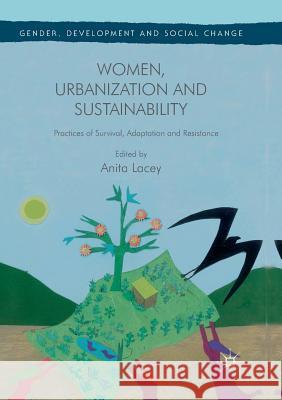Women, Urbanization and Sustainability: Practices of Survival, Adaptation and Resistance » książka
topmenu
Women, Urbanization and Sustainability: Practices of Survival, Adaptation and Resistance
ISBN-13: 9781349957538 / Angielski / Miękka / 2018 / 298 str.
Women, Urbanization and Sustainability: Practices of Survival, Adaptation and Resistance
ISBN-13: 9781349957538 / Angielski / Miękka / 2018 / 298 str.
cena 483,04
(netto: 460,04 VAT: 5%)
Najniższa cena z 30 dni: 462,63
(netto: 460,04 VAT: 5%)
Najniższa cena z 30 dni: 462,63
Termin realizacji zamówienia:
ok. 22 dni roboczych
Dostawa w 2026 r.
ok. 22 dni roboczych
Dostawa w 2026 r.
Darmowa dostawa!
Kategorie BISAC:
Wydawca:
Palgrave MacMillan
Seria wydawnicza:
Język:
Angielski
ISBN-13:
9781349957538
Rok wydania:
2018
Wydanie:
Softcover Repri
Ilość stron:
298
Waga:
0.38 kg
Wymiary:
21.01 x 14.81 x 1.7
Oprawa:
Miękka
Wolumenów:
01
Dodatkowe informacje:
Wydanie ilustrowane











